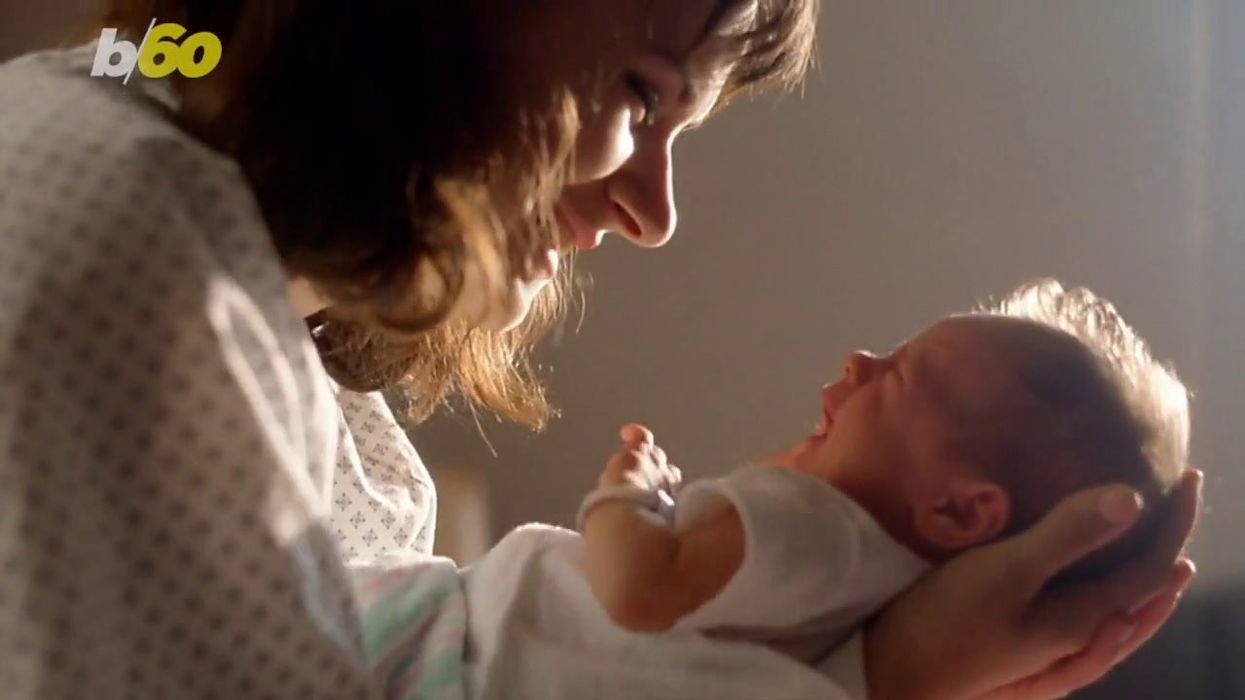Mothers who have three daughters and no sons may see a minor dent in their wellbeing that can take a whole decade to pass, according to researchers.
According to psychologists who surveyed thousands of parents who already had two children of the same sex and went on to have another baby, a fall in wellbeing was seen among mothers who had three daughters and no sons and in no other categories.
“It seems that mothers do not want to have too many children of the same sex as them,” the authors wrote in the study. “It is possible this reflects not just an issue of children, but one of household composition, with the mother not wanting too many females in the household.”
Writing in the Journal of Behavioral and Experimental Economics, the authors said the subjective wellbeing findings are “driven entirely” by mothers who don’t have a boy after having two girls. “It is possible that, consistent with demographic literature, mothers are simply more affected by childbirth than fathers,” they said.
Sign up to our free Indy100 weekly newsletter
Paul Dolan, professor of behavioural science at the London School of Economics who worked on the study, said parents who have two children of the same sex are more likely to try for a third in the hope that they will “win” the birth lottery. “Our data suggests that the disappointment is mostly from mothers with two girls not having a boy, as opposed to mothers of two boys not having a girl.”
Parents who had two children of the same sex were more likely to go on to have a third baby and have that child faster than parents who had one of each sex, the study also found.
The study also suggested that parents may fare better if they have two children of the same sex rather than going for a third to try for a mix of sexes.
Who knew having children was so complicated?
Have your say in our news democracy. Click the upvote icon at the top of the page to help raise this article through the indy100 rankings.














